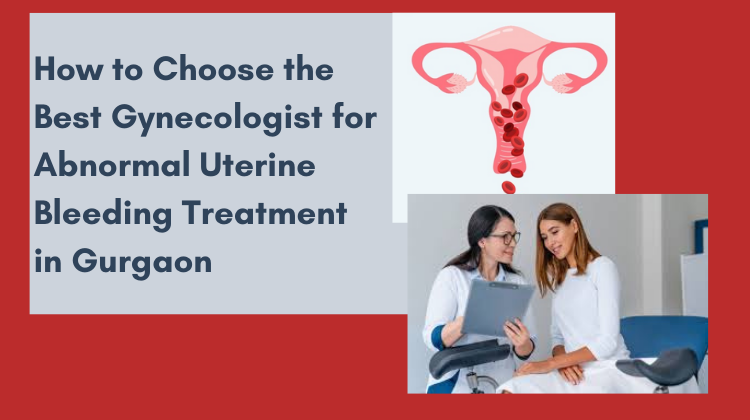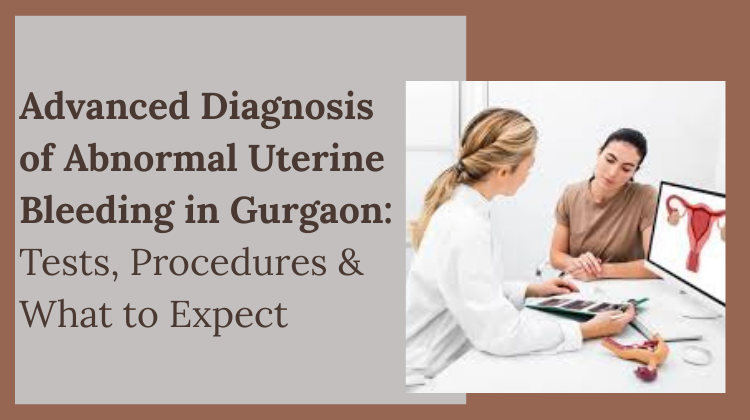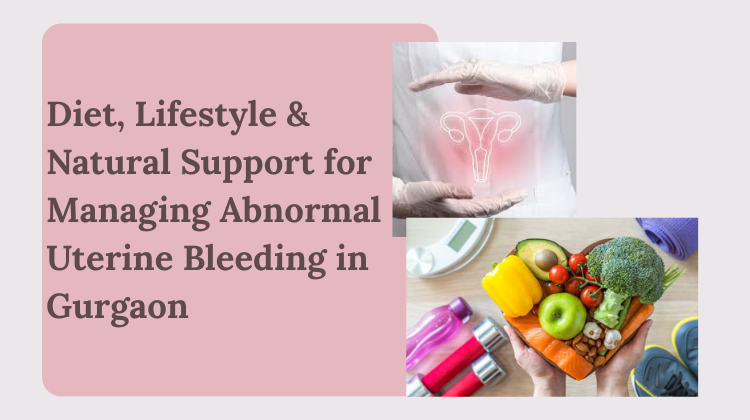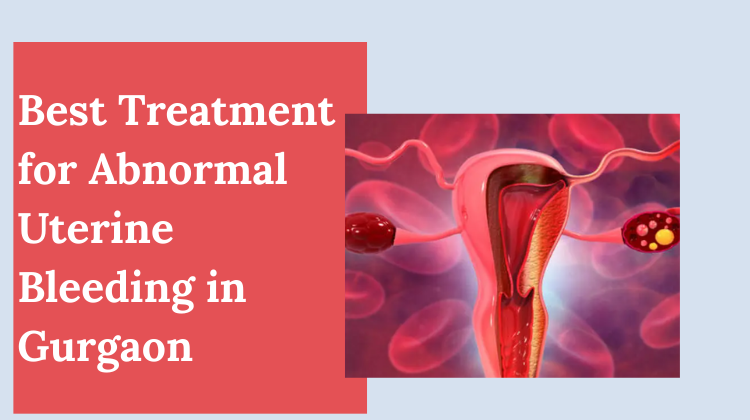Fibroid Risk, Types, Symptoms and Treatment
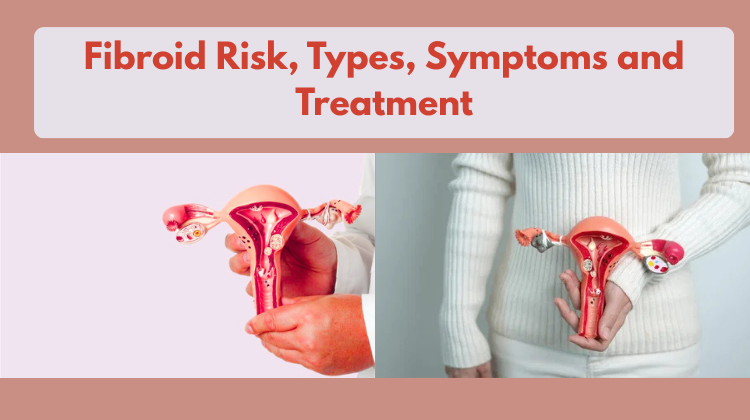
Fibroids, also called uterine leiomyomas, are non-cancerous growths that develop in or around the uterus. They are made up of muscle and fibrous tissue and can vary in size—from very small (like a pea) to large masses that can enlarge the uterus. While fibroids are common, they can sometimes cause symptoms such as heavy periods, pelvic pain, and fertility challenges.
Are fibroids cancerous?
No, fibroids are benign (non-cancerous) tumors. In very rare cases, a fibroid may become cancerous, but the chances are extremely low.
Are fibroids and cysts the same?
No, fibroids and cysts are different.
- Fibroids are solid muscle growths inside or on the uterus.
- Cysts are fluid-filled sacs that usually develop in the ovaries.
Are fibroids genetic?
Yes, genetics can play a role. If your mother or sister has fibroids, you may be at a higher risk of developing them.
Are fibroids dangerous?
Most fibroids are not dangerous. However, they can cause severe bleeding, pain, infertility, or complications in pregnancy if left untreated.
Can fibroids be cured?
Fibroids cannot be “cured” naturally, but their symptoms can be managed. Treatments include medications, minimally invasive procedures, or surgery depending on severity.
Can fibroids affect pregnancy?
Yes. Some fibroids can cause complications like miscarriage, premature labor, or difficulty during delivery, depending on their size and location.
Can fibroids cause infertility?
Yes. Fibroids can interfere with conception if they block the fallopian tubes or distort the uterine cavity, making it harder for the embryo to implant.
Can fibroids be removed without surgery?
Yes. Options like uterine artery embolization (UAE) or MRI-guided focused ultrasound can shrink fibroids without traditional surgery. However, suitability depends on the patient’s condition.
Why do fibroids happen in the uterus?
The exact cause isn’t clear, but hormonal imbalance (estrogen and progesterone), genetics, obesity, and lifestyle factors contribute to their growth.
Who performs fibroid removal?
A gynecologist or gynecologic surgeon performs fibroid removal surgeries such as myomectomy or hysterectomy. Also Read: Hysterectomy: Surgery, Types, Side Effects & Recovery
Where is fibroid located in the stomach?
Fibroids are not in the stomach but in the uterus, which is located in the lower abdomen (pelvic area). Large fibroids may extend upwards and feel like an abdominal mass.
Can you live long with fibroids?
Yes, fibroids are not life-threatening. Many women live with fibroids without issues. However, treatment is needed if symptoms affect health and quality of life.
Can fibroids make you feel sick?
Fibroids themselves don’t make you “sick,” but they can cause weakness, fatigue, bloating, anemia (from heavy bleeding), and pelvic discomfort.
How to treat fibroids during pregnancy?
Treatment during pregnancy is usually limited to managing symptoms with safe medications. Surgery is generally avoided unless absolutely necessary.
Types of fibroids
- Intramural fibroids – grow within the wall of the uterus.
- Submucosal fibroids – grow into the uterine cavity, causing heavy bleeding.
- Subserosal fibroids – grow on the outside wall of the uterus.
- Pedunculated fibroids – grow on stalks attached to the uterus.
What kind of fibroid is dangerous?
Submucosal fibroids are considered the most problematic as they affect fertility and cause heavy bleeding. Very large fibroids of any type can also be dangerous.
Do fibroids shrink after menopause?
Yes, fibroids often shrink naturally after menopause due to reduced estrogen levels.
What is the fastest way to shrink fibroids?
Treatments like uterine artery embolization or certain hormone therapies can shrink fibroids quickly.
Can fibroids come back after removal?
Yes, new fibroids can develop even after surgery, especially in younger women.
What size of fibroid needs surgery?
Fibroids larger than 5 cm or those causing severe symptoms may require surgical treatment.
Do fibroids cause weight gain?
Large fibroids can cause bloating and abdominal enlargement, which may look like weight gain.
Can fibroids burst?
Fibroids rarely rupture, but if they do, it can cause severe pain and internal bleeding, requiring urgent medical care.
Do fibroids cause back pain?
Yes, large fibroids pressing on nerves or the spine can cause back pain or leg pain.
What foods help reduce fibroids?
A diet rich in green vegetables, fruits, whole grains, and low in red meat may help slow fibroid growth.
Can stress cause fibroids?
Stress does not directly cause fibroids but can worsen hormonal imbalance, indirectly affecting fibroid growth.
What is the recovery time after fibroid surgery?
Recovery depends on the procedure:
Laparoscopic myomectomy: 2–4 weeks
Open surgery: 4–6 weeks
Best Fibroid Treatment Gynecologist in Gurgaon
If you are struggling with fibroids, it is important to consult an experienced specialist. Dr. Preeti Rastogi, one of the best gynecologists in Gurgaon and among the top 10 urogynecologists in the region, is highly trusted for advanced fibroid diagnosis and treatment. She provides personalized care and modern treatment options to ensure the best outcomes for women’s health.
This Blog can be helpful if you are looking for
Q1: What are the common symptoms of uterine fibroids in women?
Common symptoms of uterine fibroids include heavy menstrual bleeding, prolonged periods, pelvic pain or pressure, frequent urination, and lower back pain. Some women may also experience bloating or difficulty conceiving. Early recognition of these symptoms helps women consult a gynecologist for timely diagnosis and effective management of fibroids.
Q2: What are the different types of fibroids and how do they affect women?
Fibroids are classified based on their location in the uterus: intramural, submucosal, subserosal, and pedunculated. Intramural fibroids grow within the uterine wall, submucosal develop under the lining, subserosal form on the outer wall, and pedunculated hang by a stalk. Each type may cause specific symptoms like heavy bleeding, pain, or pressure, influencing treatment decisions.
Q3: What causes uterine fibroids and who is at higher risk?
Uterine fibroids develop due to hormonal imbalances, particularly estrogen and progesterone, and genetic predisposition. Women in their 30s and 40s, those with a family history of fibroids, or women with obesity are at higher risk. Early screening by a gynecologist helps detect fibroids before severe symptoms or complications arise.
Q4: How are fibroids diagnosed and monitored by a gynecologist?
Fibroids are diagnosed through pelvic examination and imaging tests like ultrasound or MRI. A gynecologist evaluates the size, number, and location of fibroids to determine appropriate treatment or monitoring. Regular follow-ups help track growth and manage symptoms, reducing the risk of complications such as anemia or fertility issues.
Q5: What are the treatment options for fibroids in women?
Treatment options for fibroids depend on symptoms, size, and location. Options include medication to manage bleeding and pain, minimally invasive procedures like uterine artery embolization, or surgical interventions such as myomectomy or hysterectomy. A gynecologist customizes treatment plans to preserve fertility and improve quality of life.
